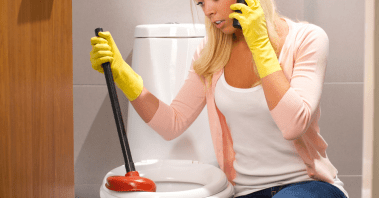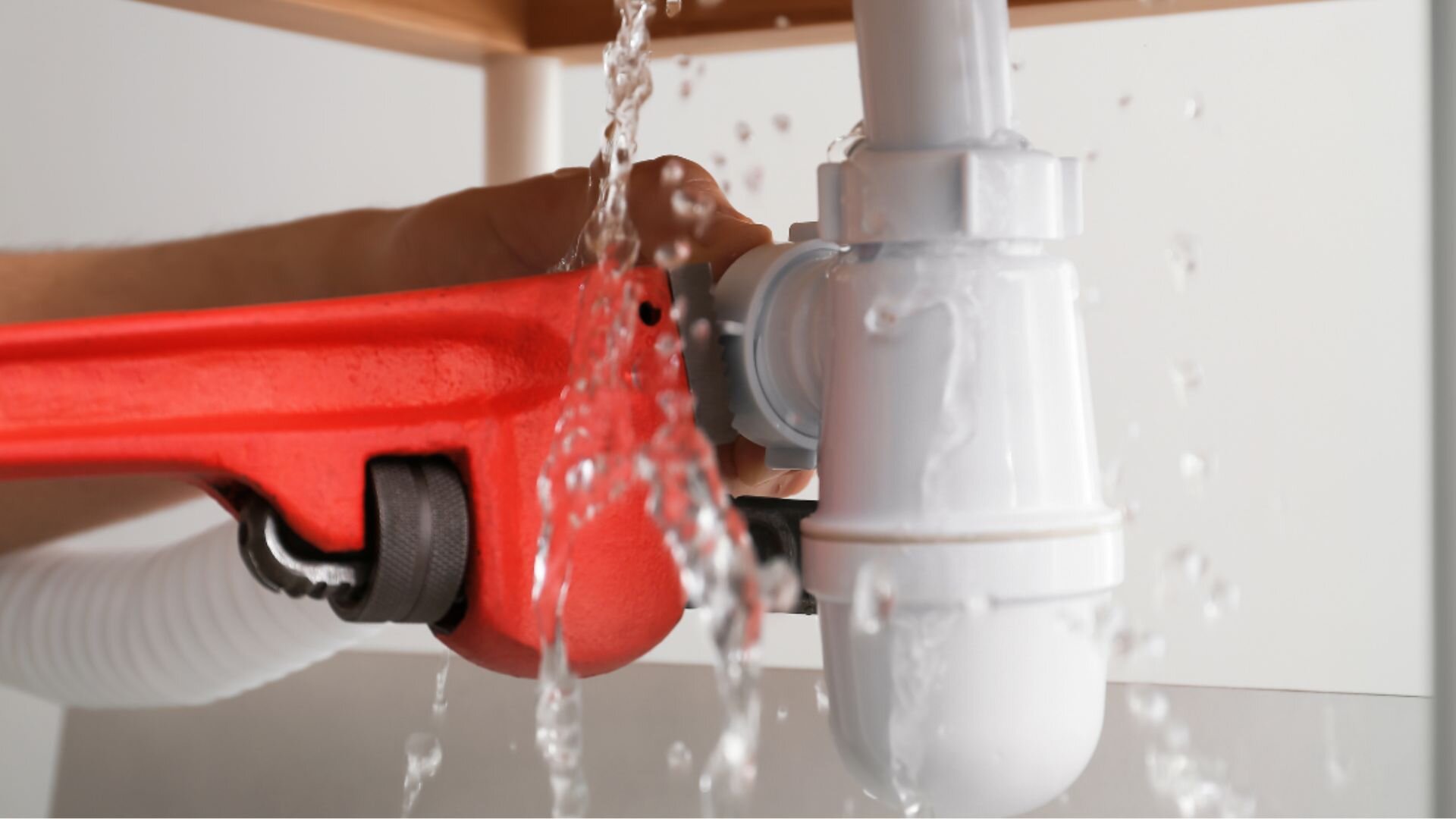Crucial Emergency Plumbing Advice to Follow Until Help Arrives
Crucial Emergency Plumbing Advice to Follow Until Help Arrives
Blog Article
Everybody may have their own individual conception when it comes to Plumbing Emergencies: Tips on What To Do Before.

Pipes emergencies can strike at any time, creating anxiety and prospective damage to your home. Whether it's a ruptured pipe, a clogged drainpipe, or a leaky tap, knowing just how to take care of the circumstance until a professional plumbing professional gets here can save you from further difficulties. This write-up offers essential emergency situation pipes suggestions to help you minimize damage and regain control throughout a pipes crisis.
Switch off the Water System
The initial step in any pipes emergency is to shut down the water system. For localized concerns, such as a leaking tap or bathroom, shut off the valve near the component. In the case of a significant leakage or burst pipeline, locate your home's major water shut-off valve and transform it off immediately. Understanding the location of these valves in advance can conserve valuable time throughout an emergency.
Turn off Your Hot Water Heater
In certain emergency situations, such as a burst pipe, it's important to shut off your hot water heater. This protects against overheating or damages to the unit when water stops moving. Turn off the power supply to the water heater (electrical or gas) and allow it cool to avoid prospective threats.
Temporarily Quit a Ruptured Pipe
A burst pipeline can bring about significant water damages in mins. To reduce the problem:
Call an expert plumbing professional immediately to deal with the issue completely.
Have an Emergency Situation Plumbing Package
Prepare a standard plumbing emergency situation package to handle minor problems properly. Your kit must consist of:
Having these devices accessible can make a considerable distinction in your capacity to take care of emergency situations.
Unclog Drains Pipes Securely.
A clogged drain can be an aggravating and messy issue. Here's how to tackle it:.
If these techniques don't work, avoid making use of too much pressure, as it may intensify the blockage.
Take Care Of Overflowing Toilets.
An overruning bathroom can trigger immediate chaos. Below's what you need to do:.
Address Tiny Leaks with Short-lived Repairs.
Small leakages can swiftly become substantial issues if left uncontrolled. Utilize these temporary repairs until specialist assistance arrives:.
While these solutions aren't permanent, they can aid minimize water loss and damages.
Handle Frozen Water Lines Thoroughly.
In colder environments, frozen pipelines are a common emergency. If you believe a frozen pipeline:.
Know When to Call a Professional.
While quick fixes can assist temporarily, specific pipes problems call for immediate specialist attention. Call a plumbing professional if:.
Without delay getting in touch with an expert ensures the issue is solved correctly and stops more complications.
Stop More Damage.
Taking quick activity to decrease damage can save you money and time in the future. Here's how:.
Verdict.
Pipes emergencies can be overwhelming, but with the best understanding and devices, you can take care of the scenario effectively until help shows up. By shutting off the water system, attending to tiny leakages, and making use of short-lived solutions, you can minimize damage and keep your home safe. Remember, these tips are temporary services; always speak with a licensed plumbing to deal with the root cause of the problem. Preparation and quick thinking are your ideal allies in any kind of pipes emergency situation.
8 Helpful Tips for Managing Plumbing Emergencies at Home
If your plumbing system hasn’t failed once, wait for it because almost everyone has a story to tell. Sometimes, it could be simple emergencies such as a leaking pipe, a blocked cistern, or even a big burst pipe. In situations like this, you need to have some handy tips to save you some money and from possible damages.
Take care of minor issues early.
Sometimes, you could have avoided an emergency by taking proactive measures while it was still early. Some major plumbing emergencies can be a result of an ignored minor issue. We recommend that you have items like plumbing tapes and other related items. A plumbing tape can allow you to manage minor leaks before the plumber arrives.
Cut off the water supply.
This tip is essential in almost any type of leakage problem. For problems like minor leakages in the toilet or kitchen, turn off the supply that takes water to the affected pipes. If the leakage is a major pipe, you must shut off the supply valve to the entire building. This will help you avoid flooding your home and neighbors if you share a flat.
Know your plumbing system
Folks typically move into a new apartment without understanding the water supply around the building. This can prove disastrous if a water emergency arises and the plumber is far away. The previous tip will prove useless if you don’t practice this one. More importantly, know where your water shut-off valve is located – you’ll need that knowledge to prevent potential home floods.
Have some common handy tools
There are lots of plumbing emergencies that you can handle without hiring a plumber. That’s why you must keep some tools available always. Some tools that you can use to fix simple plumbing emergencies easily include plumbing tapes, screwdrivers, thread seal tapes, plungers, pliers, tape measures, and rubber gloves.
Insulate your pipes from cold
You’ll save yourself from many plumbing expenses if you protect your water pipes from the cold. This is because of the harmful effects that cold weather can have on your pipes. During winter, your pipes can burst from being overly expected to freezing temperatures. So, make sure insulators are there to keep the pipes working correctly.
Avoid practices that will clog your toilet.
Many people indulge in practices that can damage the plumbing system of the entire building. One of these is when they use their toilet to dispose-off garbage. They flush all kinds of things, such as paper towels, bandages, hairs, female sanitary products, etc., down the toilet. This will block your toilet in the long run, incurring unnecessary expenditures. Dump such waste in the trash instead.
Check your dials regularly.
Sometimes, there could be leakages in your home without noticing them in time. So, constantly monitor your water meter dial. If the dial is reading when there is nobody using water, this is an indicator that there is leaking. Check for leaks immediately. Call a plumber as soon as possible if you can’t find any.
https://www.constructionplacements.com/8-helpful-tips-for-managing-plumbing-emergencies-at-home/

I'm certainly very drawn to Plumbing Emergencies: Tips on What To Do Before and I really hope you liked my blog posting. Don't hesitate to take the opportunity to distribute this blog posting if you enjoyed reading it. Thank you so much for your time invested reading it.
Call Today Report this page